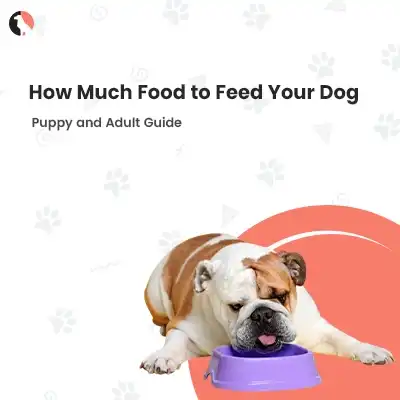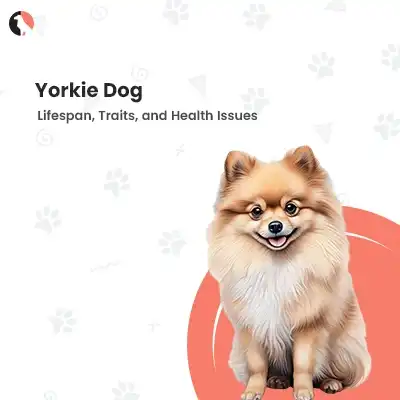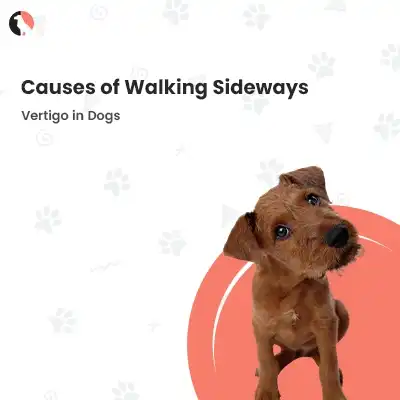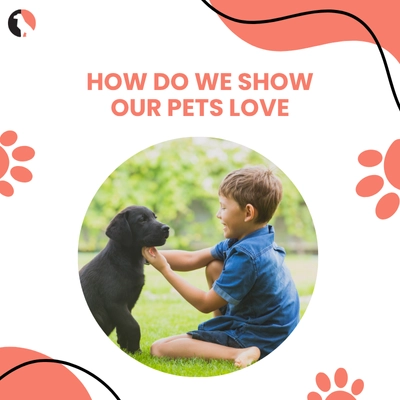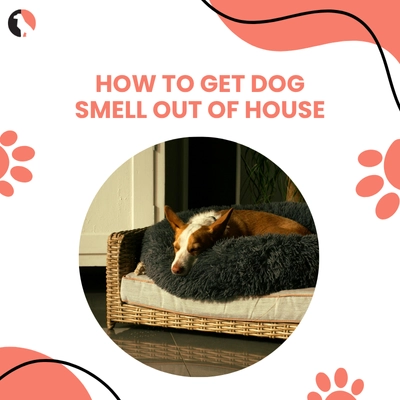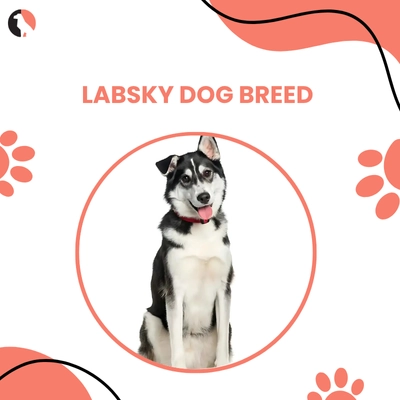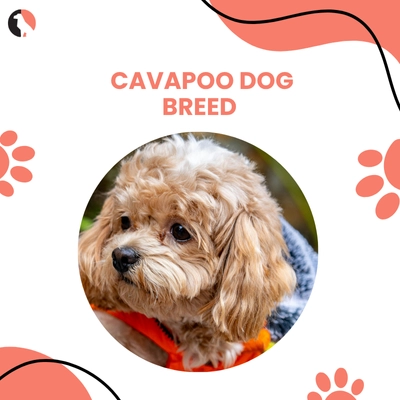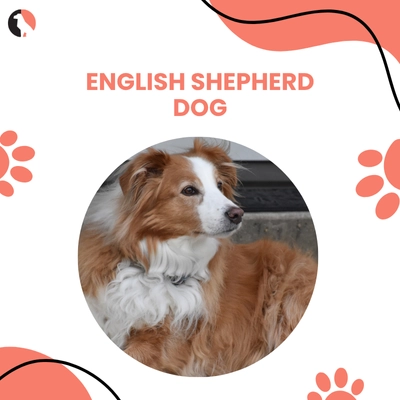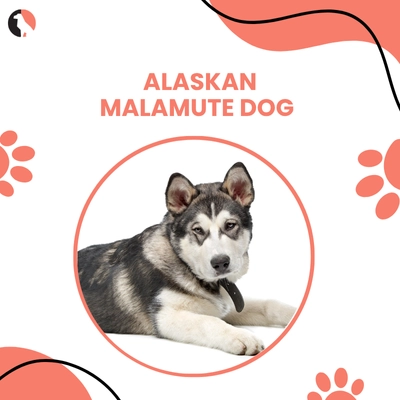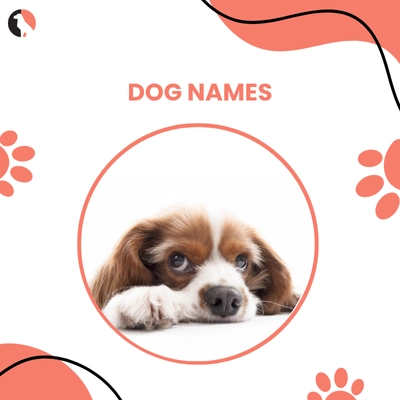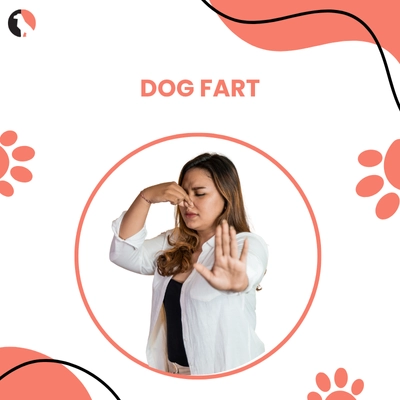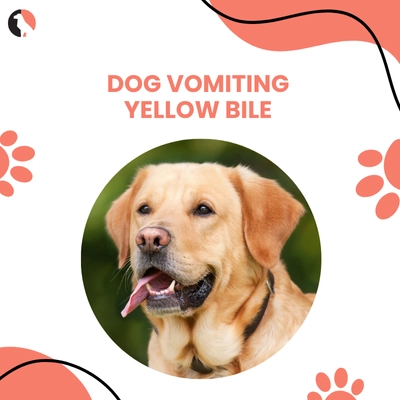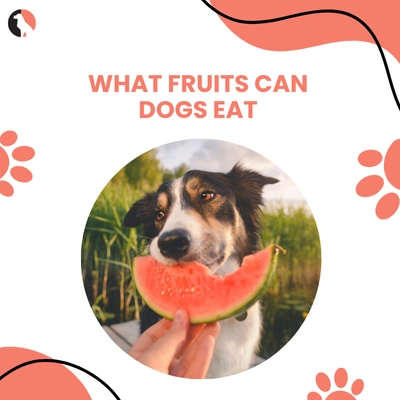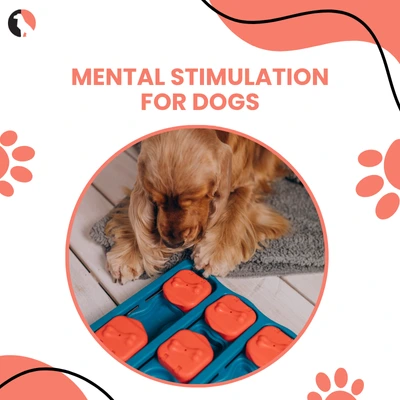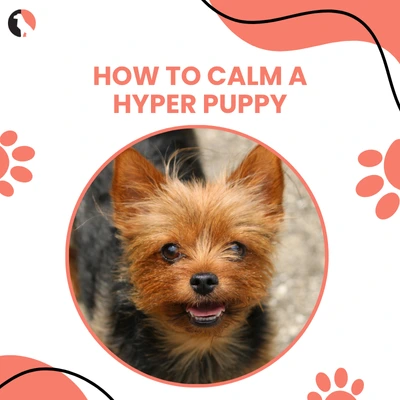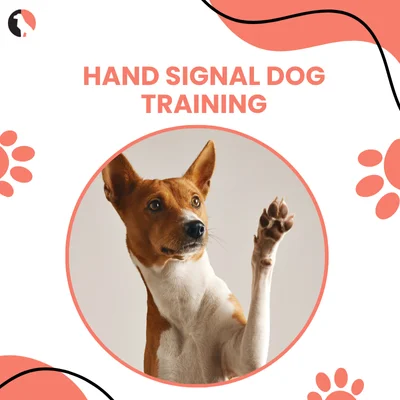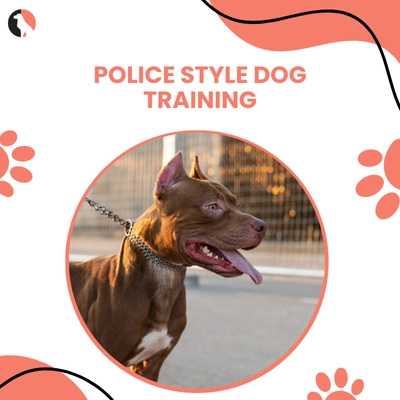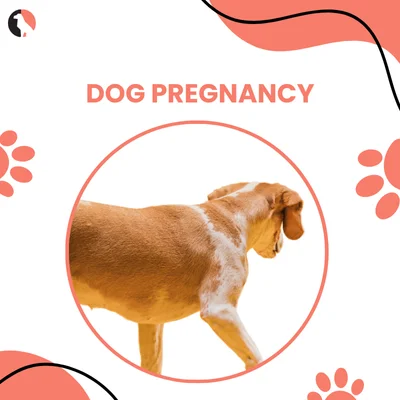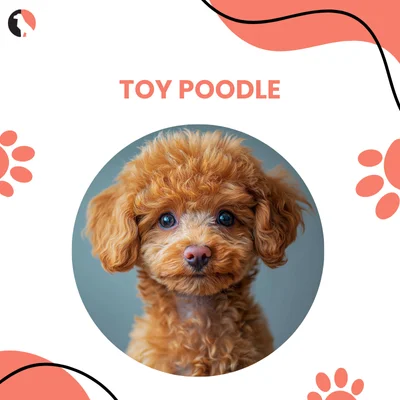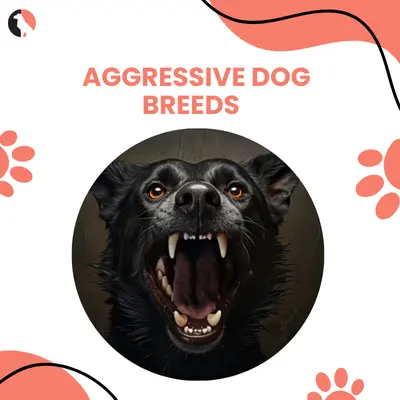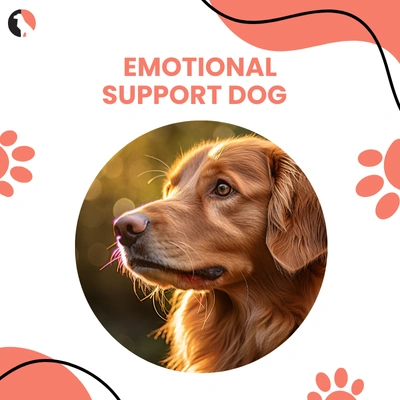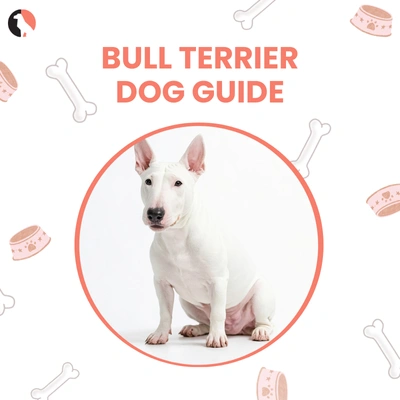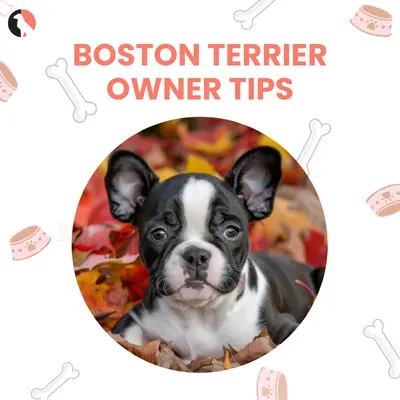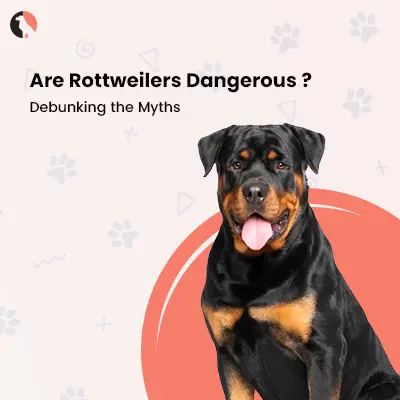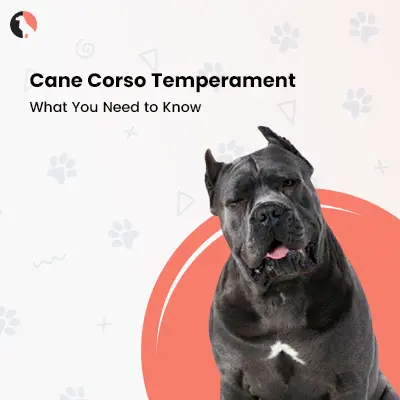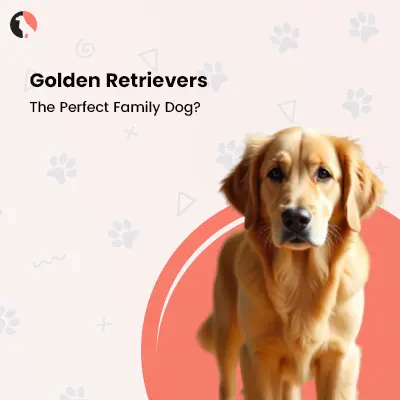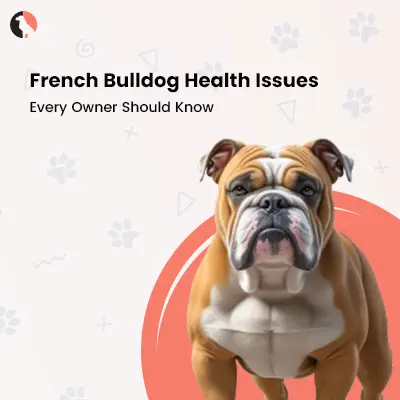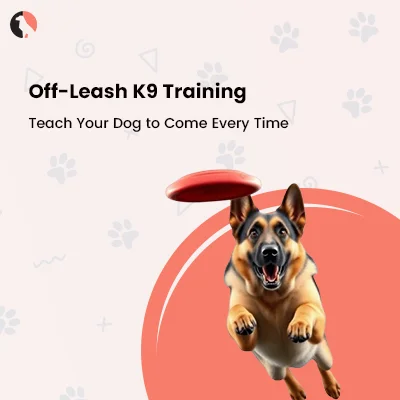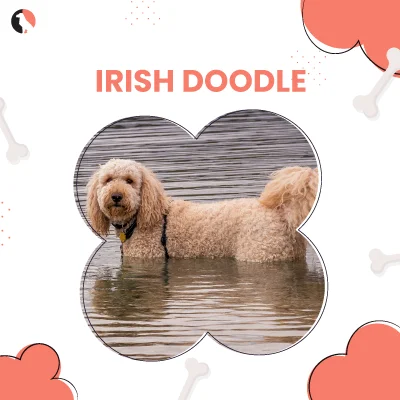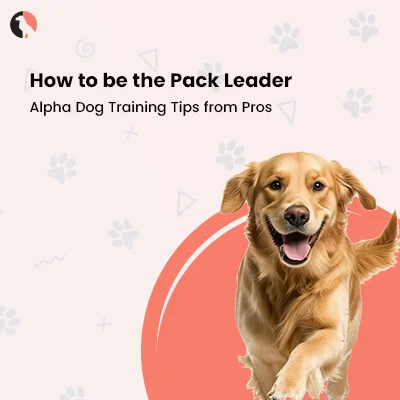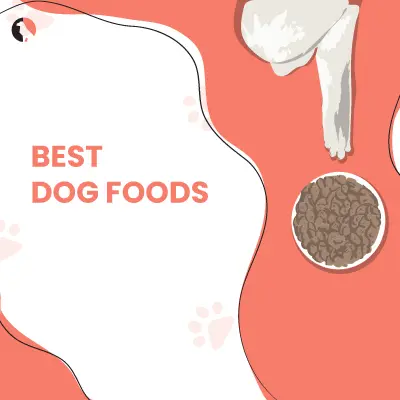Dogs also tremble or feel scared, just like humans. They can be anxious with loud noises, being left alone or new places. Dogs will shake, bark excessively, hide or fail to eat when they are anxious. As their parents, we desire to make them feel comfortable and secure.
There are easy ways that it can be contribute to, and this is food. Yes–there is the dog food that is specially prepared to calm jittery pups. The special ingredients in these relaxing dog foods are capable of supporting the brain and the mood of your dog. Others contain such things as fish oil, chamomile, or L-tryptophan (which is also in turkey!).
Here we are going to discuss the best calming dog foods, how they work and when you may require further assistance from a veterinarian. So, how can the food be of great help to your dog to make him or her a better pet each day? Let us find out!
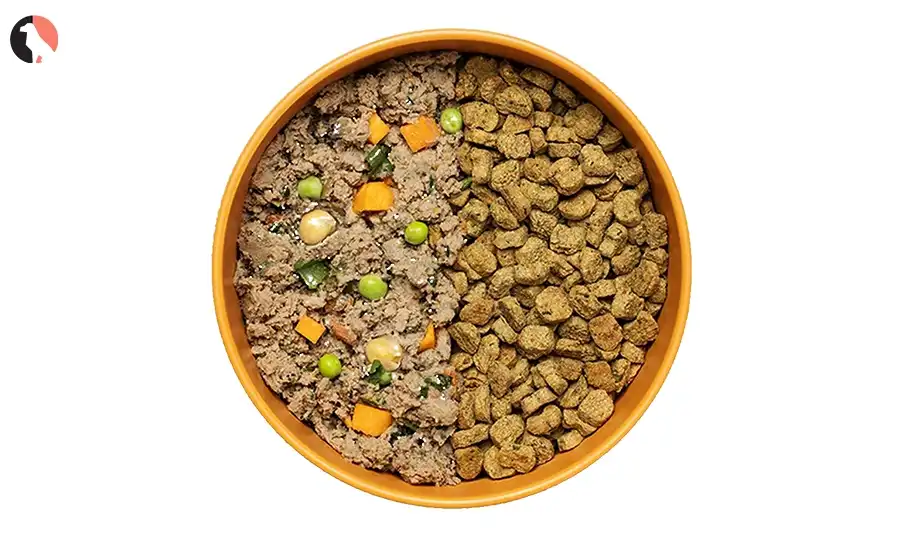
Why Food is Calming to Dogs?
There are some dog foods specially produced to make your dog calm and assured. They are referred to as calming dog foods. They are capable of assisting scared, stressed, or even nervous dogs most of the time.
Some of the good ingredients that are contained in the soothing dog food include:
- L-tryptophan: Turkey is a source of L- tryptophan that has been identified to relax the brain.
- L-theanine: This nutrient is contained in green tea, and it improves stress reduction.
- Omega-3 fatty acids: They can be obtained in the form of fish oil, which is helpful to the brain.
- Chamomile or herbs: These are the natural soothing plants.
- Probiotics: These assist the stomach, and they can make one feel better.
All these components play their role so that your dog can stay calm in situations such as during a storm, fireworks, loneliness, just to name a few. There will be no universal results, but a considerable difference is seen by the owners of many dogs.
Food For Anxious Dogs
And there are some excellent, relaxing dog foods to test. These contain ingredients that help to eliminate stress and assist the mind and mood of your dog.
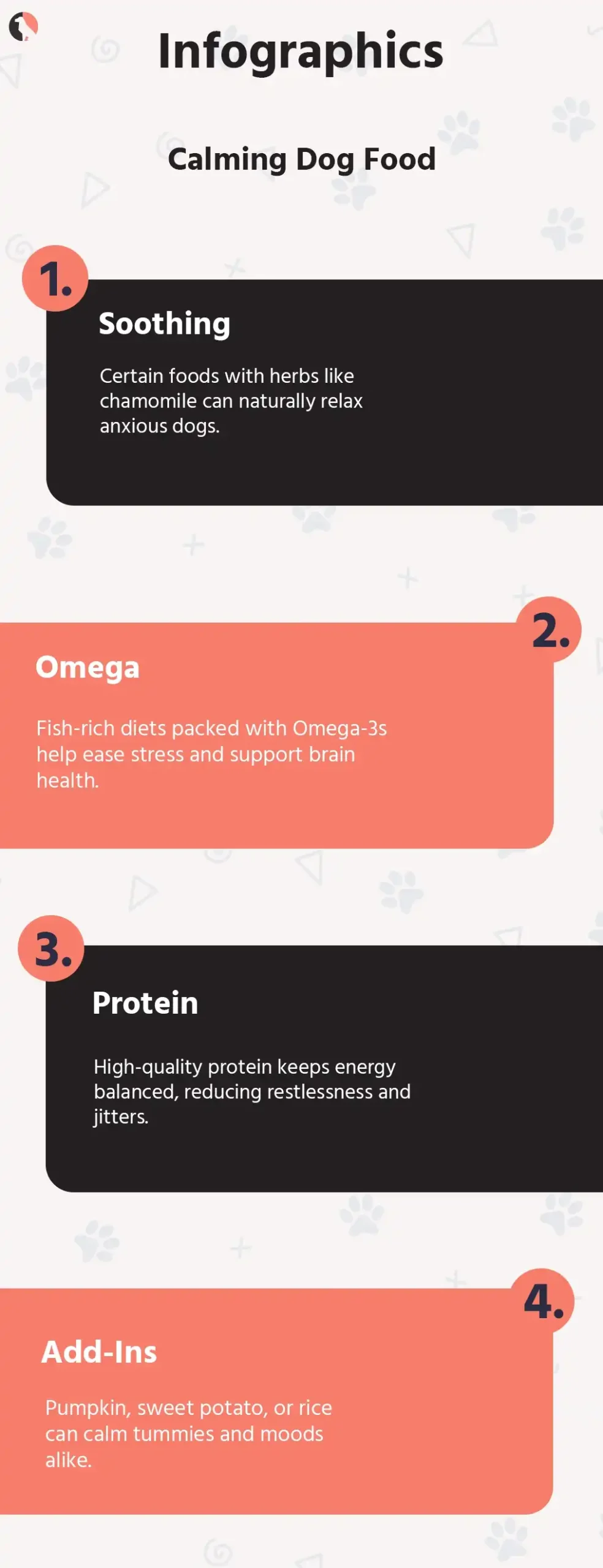
- Nutrience Care Calm and Comfort
The fish that is used to prepare this food contains omega-3s to take care of the brain. It further contains chamomile and ginger so as to make your dog feel relaxed. Lots of owners report that their dogs sleep sounder and bark less.
- Pooch and Mutts Calm and Relaxed
This food contains turkey (which contains tryptophan), sweet potato, and chamomile. It is grain-free, easy on the stomach. It assists in stress and intestinal issues.
- Purina Pro Plan Calming Care (Supplement)
This is a powder that you add to what your dog eats. It contains a special probiotic, which assists with stress and stomach problems. In some dogs, it takes only a few weeks to feel better.
Ask your vet how to feed your pet the best, before experimenting with new foods. Every dog has its individual needs, and the proper food varies depending on the size of the dog, health and demands.
Dog treats to Smile About at Home
Food could be one easy trick to avoid nervousness in case your dog feels nervous at home. It can help a lot to feed a dog soothing ingredients, such as calming dog foods or homemade treats.
You can equally include minor things in their normal meals. These are some home-made options of soothing foods that are safe on dogs:
- Cooked turkey-It contains lots of tryptophan that helps to relax the brain.
- Blueberries- The antioxidants in this fruit assist in having a healthy brain
- Pumpkin- Aids in the digestive process, tranquillizing.
- Oatmeal- It is very warm, soft, and calming on dogs.
- Unsweetened plain yogurt- Contributes to improved mood and tummy due to probiotics added.
When your dog is a treat-lover, you can prepare treats at home which consist of peanut butter, oats, and some amount of chamomile tea. Making changes to your dog should be done under check with your vet, especially in case your dog has allergies.
Food is not the solution to all, but it could be a great help in the case of day-to-day panics. Add to it playtime, cuddles, and relaxation areas and keep your dog happy and safe at home.
At what Point do I discuss the Dog Anxiety with a Vet?
Even though food calms the dog, there are instances when such food is not enough to cool it. Since being frightened or stressed most of the time may be a normal activity for your dog, you may want to visit your vet.
The following are some of the symptoms that show that your dog needs additional assistance:
- Shaking or hiding is common
- Failure to consume food and water in a normal manner
- Much barking or whining
- Breaking into things when unattended
- Excessive licking or biting of the paws
- Behaving afraid, when nothing is wrong
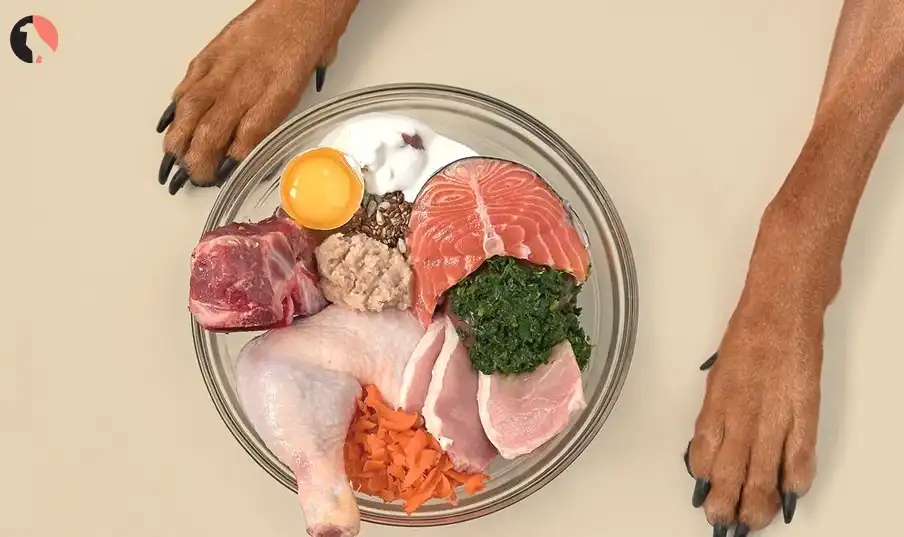
Your veterinary doctor will be able to examine whether any disease is the causative agent or not. Special training, calming supplements and changing the schedule of your dog may also be recommended for them.
There are instances where your dog might require medication to make him/her feel fine, particularly when the anxiety is very intense. Don worry! Your vet will assist you in coming up with the most competent and secure means of nourishing your furry friend.
Early assistance would imply a happier, calmer dog and one less worried about you!
For more pet care tips, visit our Site ibelu


